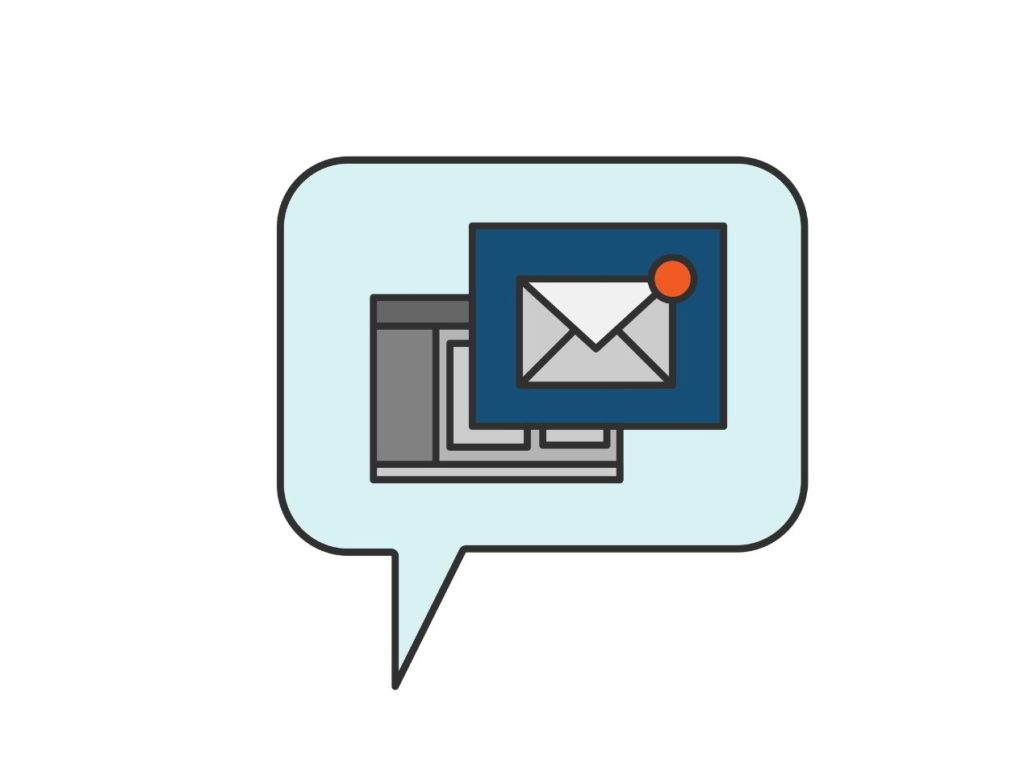
While HIPAA does not explicitly require email archiving, it is a valuable practice for healthcare organizations to consider. Email archiving helps organizations meet electronic data retention requirements, enhances business continuity and disaster recovery capabilities, simplifies audit responses, and strengthens overall data security.
What is email archiving?
Jim McGann, VP of Strategic Partnerships at Index Engines, says, “Securing data and ensuring privacy takes more than just creating copies; it requires actively validating data integrity.”
Email archiving stores emails, attachments, and metadata in a searchable format, making it easy to access past communications. While not specifically required by HIPAA, archiving helps maintain thorough records. Unlike traditional backups, it allows for quick searches of specific email threads, protecting data from unauthorized access or alteration to meet HIPAA’s security rule.
Read also: What is email archiving and retention?
HIPAA compliant email archiving
Although HIPAA does not explicitly require email archiving, it outlines specific electronic data retention requirements. Healthcare organizations are required to retain data for at least six years, ensuring appropriate access controls and audit trails to track data access.
For an email archiving solution to be considered HIPAA compliant, the provider must have safeguards in place to protect client data and be willing to sign a business associate agreement. The business associate agreement ensures that the provider understands and complies with HIPAA regulations regarding the handling of protected health information (PHI).
Read more: How to develop a HIPAA email retention policy
Benefits of email archiving
In addition to meeting HIPAA compliance requirements, email archiving offers several other benefits for healthcare organizations:
Business continuity and disaster recovery
HIPAA requires businesses to have business continuity and disaster recovery plans in place to minimize downtime during breaches or natural disasters. Email archiving serves as a data backup solution, as exact copies of data are stored on an offsite server. This ensures that email communications are preserved and can be restored in case of emergencies.
Rapid audit response
During audits or investigations, healthcare organizations may be required to provide communication records. Email archiving simplifies this process by storing all email communications in a centralized location.
PHI disposal
HIPAA mandates that healthcare organizations retain PHI for a minimum of six years. After this period, the data must be securely disposed of. Email archiving solutions often include automated processes for data disposal, ensuring that PHI is properly deleted once the retention period expires.
Enhanced data security
Email archiving providers employ security measures to protect stored data. Encryption techniques like Paubox ensure the confidentiality of sensitive information, preventing unauthorized access.
Paubox’s solution
Paubox Email Suite provides archiving capabilities that allow healthcare organizations to retain emails for compliance purposes. This feature makes sure that organizations can meet the necessary retention requirements and have easy access to past email communications when needed.
Furthermore, Paubox Email Suite offers standard reporting functionality, allowing organizations to monitor and analyze email activity. With this feature, healthcare organizations can gain insights into email usage, detect any anomalies or potential security breaches, and maintain compliance with email policies.
See also: HIPAA Compliant Email: The Definitive Guide
FAQs
Why is email archiving needed?
Email archiving is needed to free up space on mail servers and other storage units. Many organizations, including HIPAA-covered entities and business associates, are subject to document retention requirements that can consume significant storage capacity.
What is healthcare email archiving for e-discovery?
Healthcare email archiving for e-discovery involves archiving emails in a searchable format to enable healthcare organizations to respond to e-discovery requests for electronically stored information within the permitted 30 days. This requires indexing and archiving emails when they first enter the mail server to maintain the integrity of the content.
What is email archiving software for HIPAA-covered entities?
Email archiving software for HIPAA-covered entities is an application that takes copies of inbound and outbound emails as they enter the mail server, indexes them, and stores them in a read-only format in a non-production environment. The software also deduplicates email content, applies automated rules-based retention policies, and facilitates the automatic deletion of emails at the end of the required retention period.
Why must HIPAA email archiving service providers sign business associate agreements?
HIPAA email archiving service providers must sign business associate agreements because they have "persistent access" to emails containing PHI, making them qualified as business associates according to HHS guidance.
What is the difference between an email archive and an email backup?
An email archive is a long-term, low-cost storage solution that indexes and stores emails in a searchable format for easy retrieval. In contrast, an email backup is a short to medium-term data store created for disaster recovery purposes, allowing organizations to restore mailboxes in the event of data loss.
Read also: Top HIPAA compliant email services
See also: HIPAA Compliant Email: The Definitive Guide
Subscribe to Paubox Weekly
Every Friday we'll bring you the most important news from Paubox. Our aim is to make you smarter, faster.



